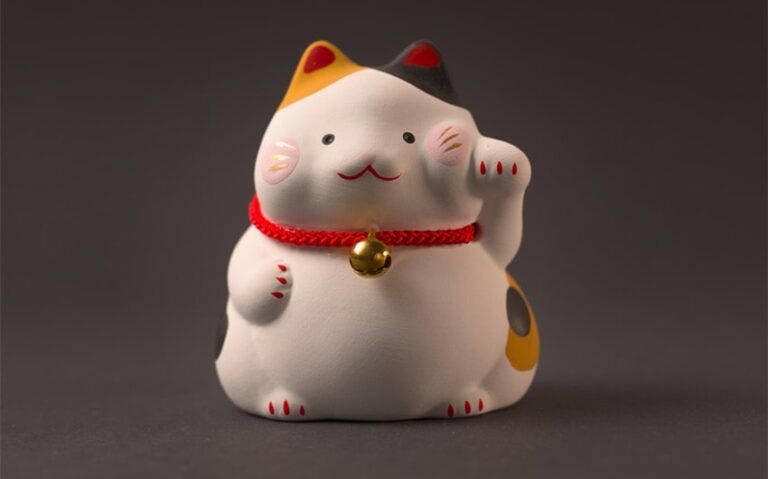Japanese Name Yuna Meaning and Its Timeless Beauty
Have you ever wondered about the Japanese name Yuna meaning and why it sounds so delicate and peaceful? The name Yuna carries an air of grace, balance, and serenity that reflects the heart of Japanese culture. In Japan, names are chosen not only for their sound but for the deeper symbolism hidden within the kanji characters that compose them. Yuna is one such name—a gentle yet powerful reflection of beauty, nature, and inner calm. It has become beloved both in Japan and beyond for its simplicity, emotional warmth, and poetic charm.
The Origin of the Japanese Name Yuna
The name Yuna has its origins in Japan, where names are often created from combinations of kanji—characters that hold meaning as well as phonetic value. This means that the same name can take on different meanings depending on which kanji are used. The beauty of Japanese naming lies in this flexibility: parents can select kanji that express their hopes, values, and emotions for their child while keeping the same pronunciation.
Unlike some Japanese names that are tied to a specific historical figure or era, Yuna has remained versatile and adaptable. It is considered a modern yet traditional name, loved for its soft, flowing sound and its connection to nature and harmony. Because of its gentle rhythm, it fits easily into the melodic patterns of Japanese speech, making it a name that feels both familiar and soothing.
In many Japanese families, choosing a name like Yuna represents a balance between aesthetic beauty and symbolic meaning. The sound of “Yu” often conveys gentleness, excellence, or connection, while “Na” can symbolize calmness, greens, or grace. Together, they form a name that feels peaceful and kind-hearted—attributes that are highly valued in Japanese society.
The Different Kanji Meanings of Yuna
One of the most fascinating aspects of the name Yuna is its wide variety of possible meanings depending on the kanji combination. Each set of characters gives Yuna a slightly different emotional and symbolic expression while preserving its elegant sound. Below are some of the most common kanji combinations used for Yuna in Japan and their interpretations:
由奈 – “Reason” or “origin” (由) combined with “beautiful harmony” (奈). This version of Yuna symbolizes someone who lives with purpose and brings calmness wherever they go. It represents origin, intention, and peaceful presence.
優奈 – “Gentleness” or “superiority” (優) paired with “tranquility” or “grace” (奈). This combination is among the most popular, often chosen by parents who wish their child to grow up kind, compassionate, and strong in spirit. It represents both inner and outer grace.
夕菜 – “Evening” (夕) and “vegetable” or “greens” (菜). Though the literal translation may seem unusual, in Japanese naming culture, this version represents natural beauty and calmness—like the peaceful glow of twilight over a field. It evokes a sense of quiet nature and simple living.
結菜 – “To bind” or “connect” (結) with “vegetable” (菜). This version symbolizes connection, unity, and life. It conveys the idea of bonds between people and the nurturing nature of growth.
Each variation of Yuna captures an aspect of Japanese values: harmony with nature, kindness toward others, and an appreciation for life’s quiet moments. The choice of kanji is deeply personal, reflecting the parents’ vision for their child’s character and the qualities they wish to nurture. Even the visual beauty of the kanji plays a role, as parents often select characters that appear balanced and graceful when written together.
Symbolism and Personality Traits Associated with the Name Yuna
The name Yuna carries profound symbolic meaning that extends beyond its written form. Across its many variations, Yuna consistently embodies qualities such as kindness, gentleness, and calm strength. It reflects a personality that is caring and thoughtful but also resilient and graceful in the face of challenges.
In Japanese culture, gentleness (yasashisa) is considered a form of strength. A person named Yuna is often imagined as someone who leads quietly—someone who supports others with patience and empathy rather than force. The “Yu” component, often linked with meanings like “tenderness” or “connection,” reinforces this idea of compassionate leadership.
Yuna also conveys balance and inner harmony. The name’s melodic tone evokes feelings of peace and fluidity, much like the natural elements often honored in Japanese art and poetry. It is a name that captures the essence of Japanese aesthetics—simple, subtle, and profoundly meaningful.
Moreover, Yuna is often associated with beauty in motion, similar to the way a gentle breeze moves through cherry blossoms. This symbolism connects to the Japanese appreciation of impermanence, known as mono no aware—the understanding that beauty lies in life’s fleeting moments.
Because of these qualities, Yuna has become a name that embodies modern femininity in Japan. It represents someone who is both gentle and capable, soft-spoken yet confident, reflecting the balance of grace and strength admired in contemporary Japanese women.
Popularity of the Name Yuna in Japan and Beyond
The name Yuna began gaining popularity in Japan in the late 20th century and continues to be a favorite among modern parents. Its sound feels gentle yet sophisticated, and it’s short enough to be both elegant and memorable. Japanese parents often favor names like Yuna because they are easy to pronounce, visually balanced, and meaningful without being overly traditional.
Yuna’s popularity also extends beyond Japan. In Korea, the name Yuna (written as 유나) has a slightly different origin and meaning, often interpreted as “allow” or “consent,” but it carries a similar graceful sound and emotional softness. The international appeal of Yuna grew after the success of public figures like Yuna Kim, the South Korean Olympic figure skater, and the fictional character Yuna from the popular video game Final Fantasy X. The character’s strength, compassion, and quiet determination mirrored the same traits symbolized by the name itself.
In Western cultures, Yuna has been embraced as a modern, multicultural name that feels both exotic and approachable. Some associate it with meanings like “moon” or “grace,” adding to its ethereal charm. Its simplicity allows it to transcend language barriers, making it a name that feels universally gentle and warm.
Today, Yuna is recognized as a global name that carries elegance, serenity, and timeless beauty. It reflects the growing appreciation for names that are culturally meaningful yet easy to pronounce across different languages.







